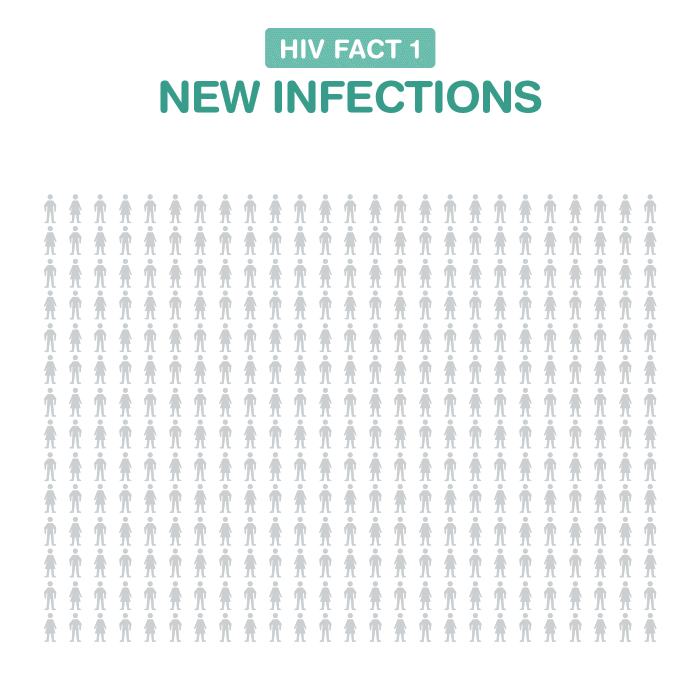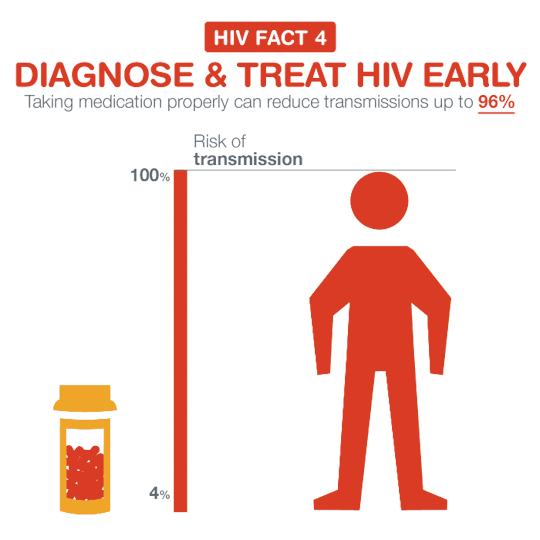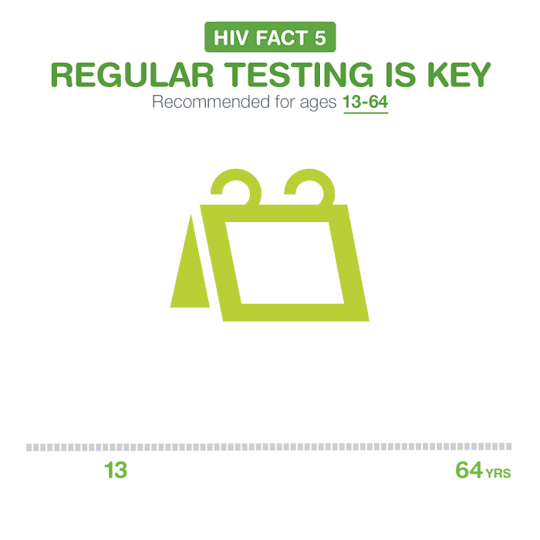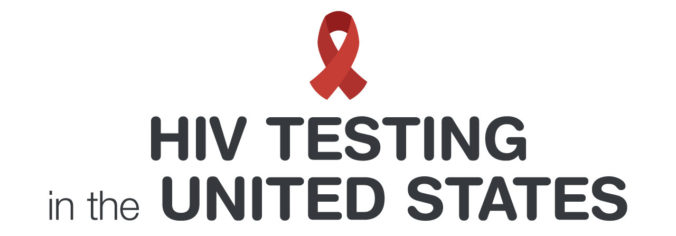HIV/AIDS directly affects approximately 1.1 million Americans, with approximately 40,000 new HIV infections annually in the U.S.
An HIV test is the only way to learn your status. Regular testing is easy and should be a part of your wellness routine. People who are living with HIV but are unaware of their status can unknowingly spread the virus to others. The sooner someone knows if they’re living with HIV, the sooner they can begin taking anti-retroviral medications to fight the virus.
Learn more about HIV testing and medication therapy.

HIV is caused by the human immunodeficiency virus (HIV) which is usually transmitted through unprotected sexual intercourse or sharing needles.
Once infected, the virus can remain in the body for a period of time before symptoms show up. Because of this, it’s possible to be living with HIV and not know it. In fact, one in seven people living with the HIV infection in the U.S. don’t know their status.

The Risks of Not Knowing Your HIV Status
People who are living with HIV but unaware of their status can unknowingly spread the virus to other people.

Also, those who are HIV-positive but unaware of their status delay taking life-saving anti-retroviral (ARV) medications, placing themselves at risk for complications. Studies have shown that prompt diagnosis and early treatment initiation improves health outcomes.

Who Should Be Tested for HIV?
The U.S. Centers for Disease Control and Prevention (CDC) recommends that patients aged 13 to 63 years be tested for HIV as a part of routing medical care, unless the patient opts-out. Those who may be at a higher risk of contracting HIV are encouraged to get tested at least once each year.
HIV testing is also recommended for women who are planning to get pregnant or who are pregnant.

Walgreens Helps with Free Testing
An HIV test is the only way to know your status. Walgreens has teamed up with Greater Than AIDS to promote FREE HIV testing in recognition of National HIV Testing Day in June, 2016. Please check back soon for more details on the next event.
Home HIV Testing is Available
The Home HIV Express Access HIV-1 Test System is available at pharmacies. It’s a home collection kit and involves pricking your finger to collect a blood sample, sending the sample to a licensed laboratory, and then calling in for results a day or so later. If the test is positive, a follow-up test is performed right away. This test is anonymous. The manufacturer provides confidential counseling and referral to treatment. Tests conducted on the sample collected at home find infection later than most lab-based tests offered by providers.
The OraQuick In-Home HIV Test is also available at pharmacies. This home-based test provides rapid results and involves swabbing your mouth and using the kit to test it. However, the OraQuick test finds infection later after exposure than do blood tests, because antibodies to the HIV virus appear quicker in the blood than in the saliva.
It’s important to note that people who test positive through a home-based test need a follow-up test along with confidential counseling and referral.
HIV testing is the key to prevention and treatment. With so many resources and options, it has never been easier to find out your status.
Andy Stergachis, Ph.D., R.Ph. is the Director of the Global Medicines Program at the University of Washington in Seattle and a subject expert on public health and pharmacy-related topics.

Leave a Reply